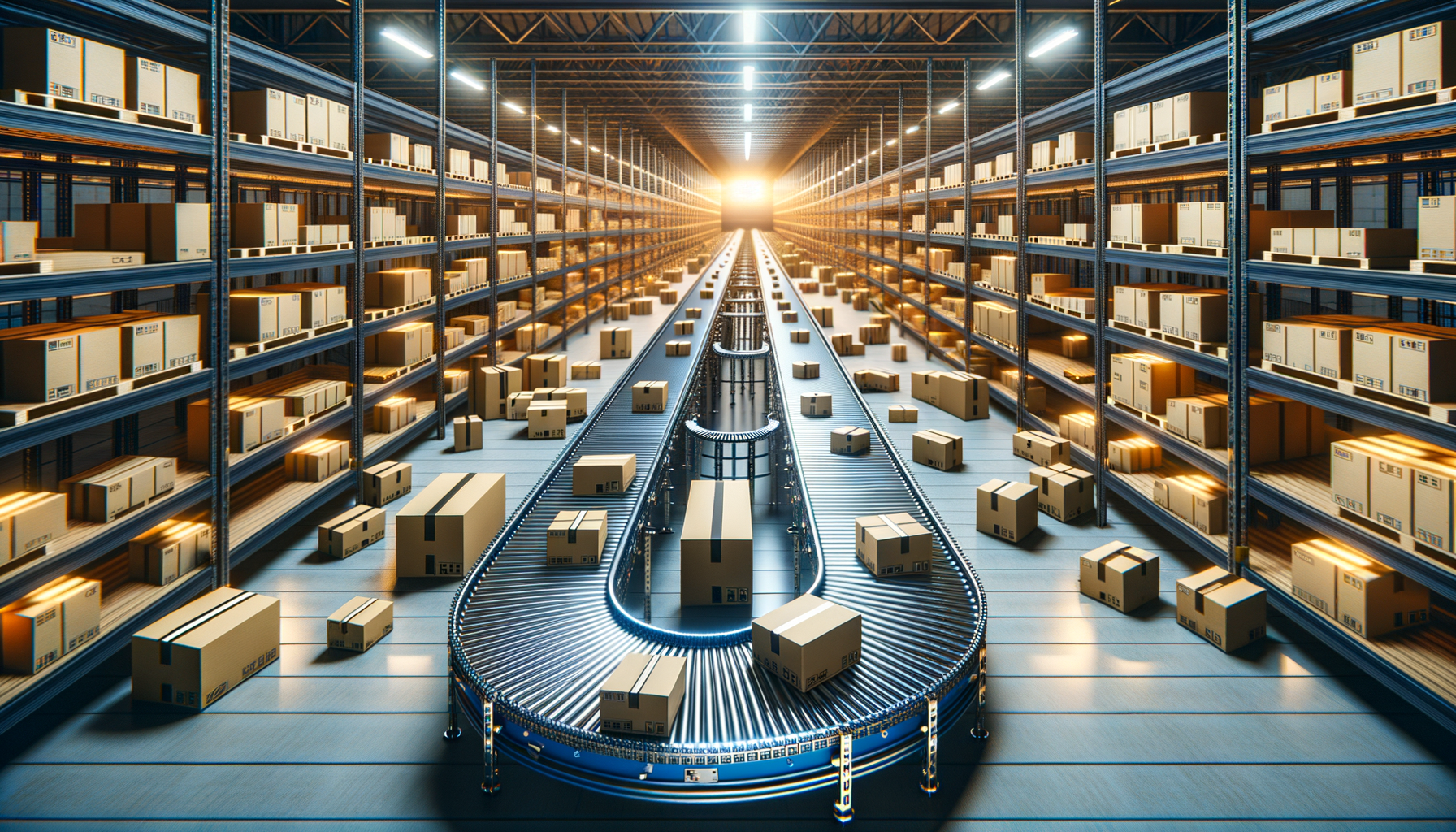Optimize Warehouse Operations: Custom Conveyor Solutions in Mexico
In the fast-paced world of logistics and manufacturing, efficiency is the key to success. Warehouses in Mexico are continuously looking for ways to improve operations, reduce costs, and increase productivity. One of the most effective solutions is the implementation of custom conveyor systems.

Introduction to Custom Conveyor Systems
In the bustling logistics and manufacturing sectors, the need for efficient material handling solutions is undeniable. Custom conveyor systems offer tailored solutions that address specific operational challenges faced by warehouses and manufacturing plants. These systems are designed to meet the unique requirements of each facility, ensuring optimal performance and efficiency. By integrating custom conveyors, businesses can streamline their operations, reduce manual labor, and enhance productivity. In Mexico, where the logistics industry is rapidly growing, custom conveyor systems are becoming increasingly popular due to their ability to adapt to diverse operational needs.
The Role of Custom Conveyors in Logistics
Custom conveyors play a pivotal role in the logistics industry by facilitating the smooth movement of goods within warehouses and distribution centers. They are designed to handle a wide range of products, from small packages to large pallets, with ease and precision. This flexibility allows logistics companies to optimize their workflows and reduce bottlenecks. Moreover, custom conveyors can be equipped with advanced technologies such as sensors and automation systems to enhance their functionality. This integration leads to improved tracking and sorting capabilities, ensuring that goods are delivered accurately and on time. In Mexico, where logistics is a critical component of the economy, custom conveyors are essential for maintaining competitiveness in the market.
Manufacturing Efficiency through Custom Conveyor Solutions
In the manufacturing sector, efficiency is paramount. Custom conveyor systems are designed to streamline production processes by automating the movement of materials between different stages of production. This automation reduces the need for manual handling, minimizing the risk of errors and accidents. Additionally, custom conveyors can be tailored to accommodate specific manufacturing requirements, such as handling delicate or hazardous materials. By optimizing material flow, manufacturers in Mexico can significantly increase their production rates and reduce operational costs. The adaptability of custom conveyors to various manufacturing environments makes them an invaluable asset in achieving operational excellence.
Cost-Benefit Analysis of Custom Conveyor Systems
Investing in custom conveyor systems involves an initial capital expenditure, but the long-term benefits often outweigh the costs. A detailed cost-benefit analysis reveals that custom conveyors can lead to substantial savings in labor costs, as they reduce the need for manual handling. Additionally, they enhance operational efficiency, leading to faster turnaround times and increased throughput. In Mexico, where labor costs are rising, the implementation of custom conveyor systems can provide a competitive edge by reducing reliance on manual labor. Furthermore, the enhanced efficiency and accuracy offered by these systems can lead to improved customer satisfaction, driving business growth.
Future Trends in Custom Conveyor Technology
The future of custom conveyor systems is bright, with ongoing advancements in technology driving innovation. Emerging trends include the integration of artificial intelligence and machine learning to enhance predictive maintenance and optimize conveyor operations. Additionally, the use of smart sensors and IoT connectivity is becoming more prevalent, allowing for real-time monitoring and data analysis. These technologies enable businesses to make informed decisions and improve operational efficiency. In Mexico, where the logistics and manufacturing sectors are poised for growth, staying ahead of these trends is crucial for maintaining a competitive advantage. As custom conveyor systems continue to evolve, they will play an increasingly important role in shaping the future of logistics and manufacturing.